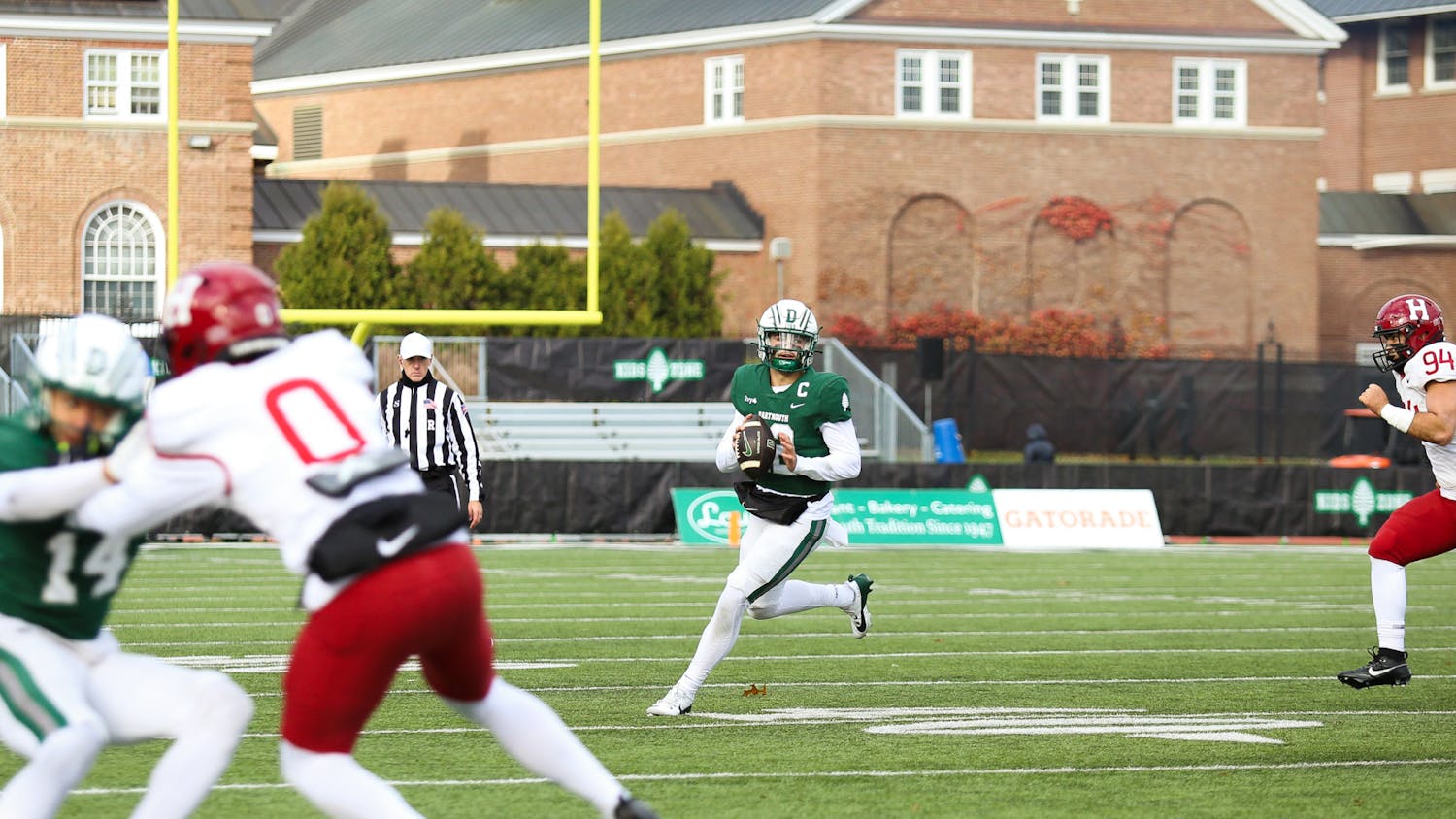With March Madness approaching, people are beginning to pay attention to college basketball. With a few exciting powerhouses this year, the tournament is shaping up to be as exhilarating as ever. This week, however, marked the unfortunate passing of one of college basketball’s most iconic figures. Most people have heard of Mike Krzyzewski, Rick Pitino and Jim Boeheim. The man who revolutionized the game and made it possible for these men to emerge onto the scene, though, was Dean Smith, who passed away at the age of 83 this past Saturday.
Smith was the head coach at the University of North Carolina for 36 years, and leaves a legacy that includes an Olympic gold medal, 2 NCAA D-I basketball championships, 11 Final Four appearances and a 77.6 winning percentage. When he retired, Coach Smith left with the most wins of any men’s college basketball coach in history, as well as with the ninth-highest winning percentage. Smith also coached some of the most famous athletes to ever play the game, including Michael Jordan, James Worthy and Sam Perkins. Despite his lengthy list of impressive accomplishments, Smith will be remembered for the monumental impact he had on college basketball as a whole.
Dean Smith cared about his players. Sure, he wanted to win. He loved coaching and was clearly successful at it, but Smith cared about the people who he interacted with. Smith’s number one rule was that if a player ever needed to talk, he should interrupt Smith no matter what he was doing. He wanted to be there for his players, regardless of the situation. He was the first to implement the now commonplace gesture where a scorer will point to a passer as an acknowledgement of appreciation. This attitude, where people must thank others for the help they have provided, exemplifies how Smith believed people should live. Smith’s program led to 96 percent of his players graduating from college, an astonishing number considering it’s higher than most graduation rates for entire colleges today. In fact, it is higher than the current 81 percent four-year graduation rate at UNC.
Smith once said, “You should never be proud of doing what’s right. You should just do what’s right,” and his life was the epitome of this quote. Smith was a prominent democratic figure in North Carolina at the time, and firmly opposed segregation. In 1966, he chose Charlie Scott, a high school valedictorian from New York to be the first African American to play on a college basketball team on athletic scholarship. Scott said “Coach Smith never treated me like the first African-American to go to the University of North Carolina. It was all any person would want to be treated like — like everybody else.”
Smith actively pushed for civil rights, both through the political landscape and through his personal actions. After the passage of the Civil Rights Act in 1964, Smith attended a previously segregated restaurant with an African American athlete he coached and the pastor of the town. His devotion to promoting social equality and justice was truly admirable, and Smith left a legacy that extends far beyond the limits of the hardwood.
Dean Smith was truly a coaching legend, one of the all-time greats in the history of men’s college basketball. Not only were his accomplishments on the court great and manifold, but his contributions off the court were ahead of their time as well. Coach Smith was one of the few coaches who could be considered a mentor both in basketball and in life — he cared about teaching his athletes life skills just as much as teaching them basketball skills. A man who emphasized the process more than the results and the person more than the stat line, Dean Smith will be a man sorely missed in the basketball community, but one whose legacy will also live on through the many people he reached.



